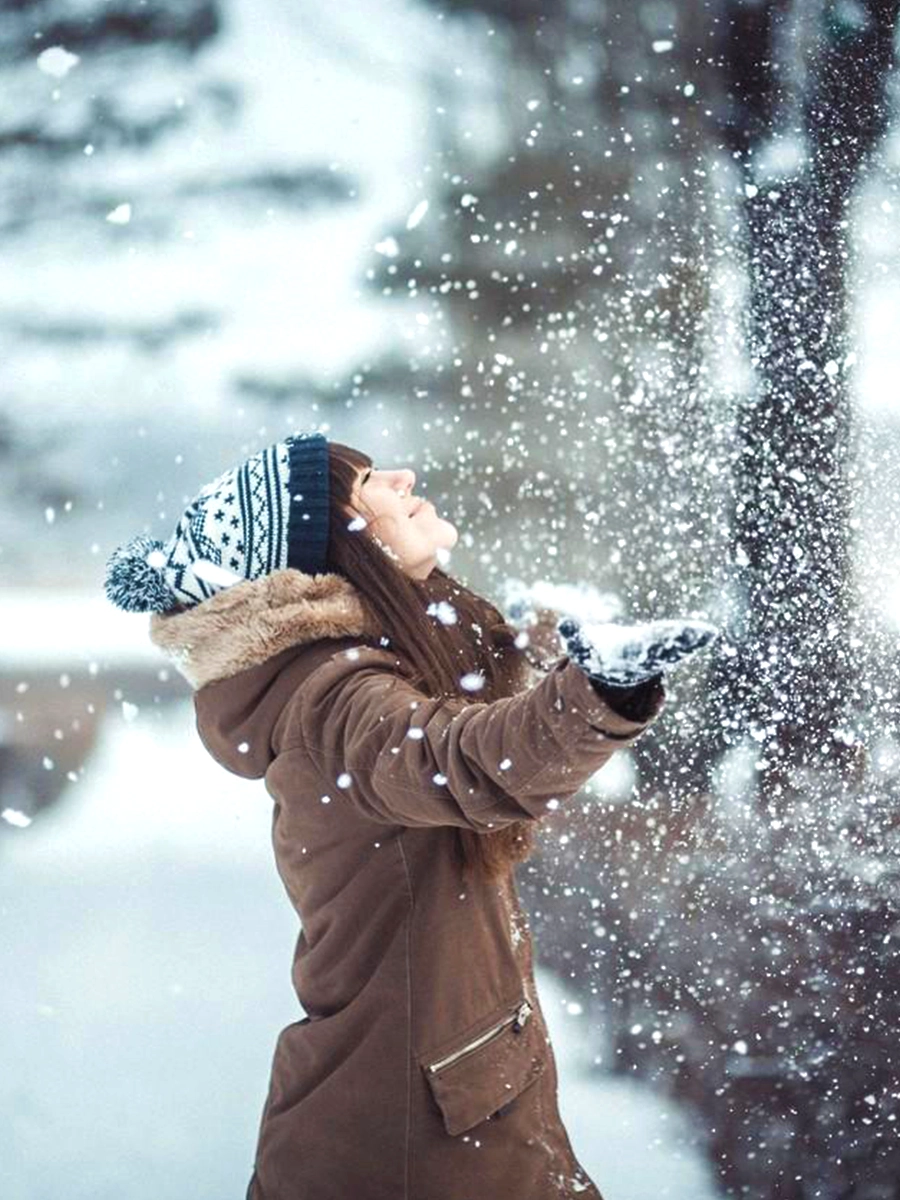
During winter, the cold weather bursts into our lives almost without warning. We rush to change our wardrobes. All to protect ourselves against low temperatures and inclement weather. Coats, gloves, hats and scarves are our protective barrier to keep our skin healthy in winter.
They help us maintain the body temperature and keep colds, flu, and other illnesses at bay. However, the first protective barrier against the cold is the skin. How does the dermis react to low temperatures?
Undoubtedly, lower temperatures and a drier environment have a direct impact on the condition of the skin. These causes can have adverse effects and cause skin lesions such as drying, flaking, perniosis, chilblains, etc. That is why PRODERPHARMACARE® would like to share some tips to protect your skin against the cold and keep your dermis healthy during the winter.
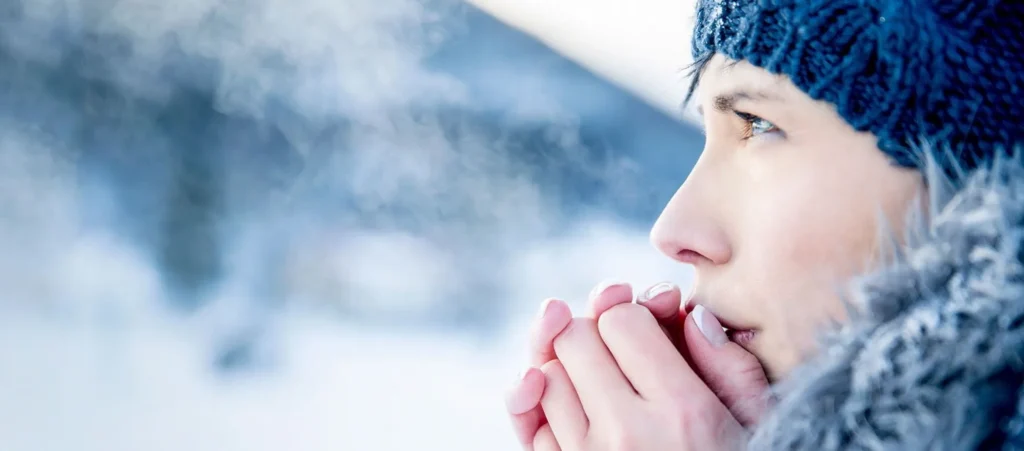
When temperatures drop, the skin contracts, clogging pores and reducing perspiration. In addition, cold causes blood vessels to constrict, limiting the flow of oxygen and nutrients to the skin. Extreme cold, snow and wind can also damage skin tissues, especially in people with sensitive skin, such as children and seniors.
We recommend the following article from the National Institute on Aging on Cold Weather Safety for Older Adults.
KEY EFFECTS OF COLD ON THE SKIN:
Acne, psoriasis and atopic dermatitis are the most common conditions that worsen in cold weather. There are also other common cold-related disorders, such as:
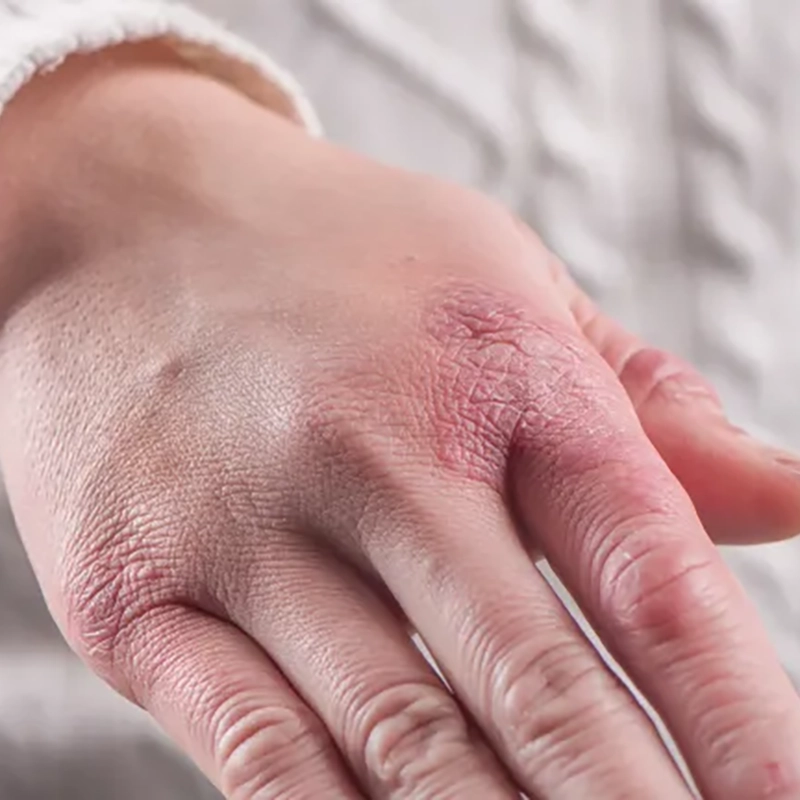
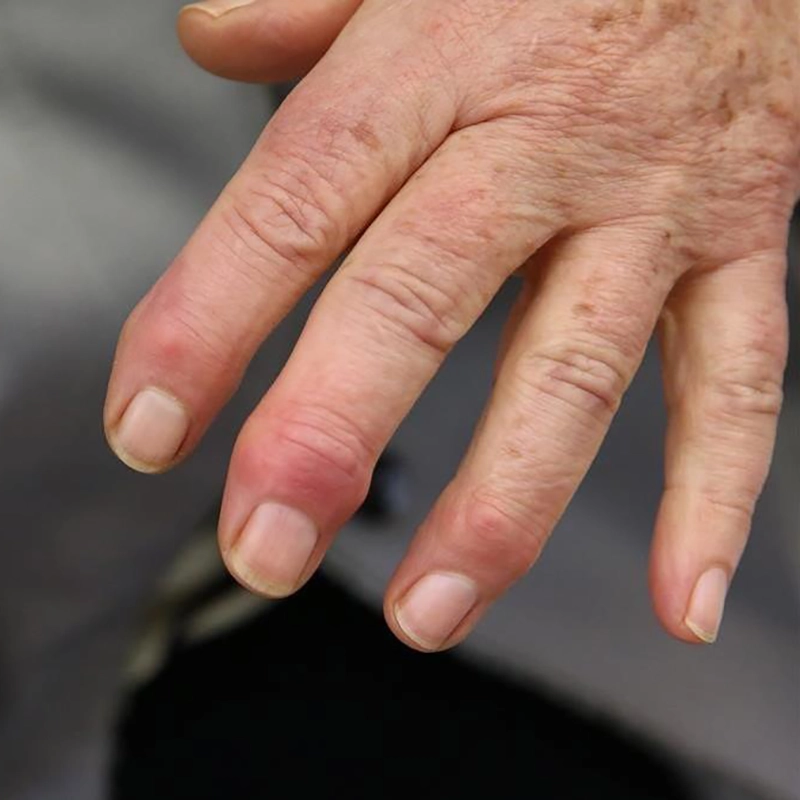
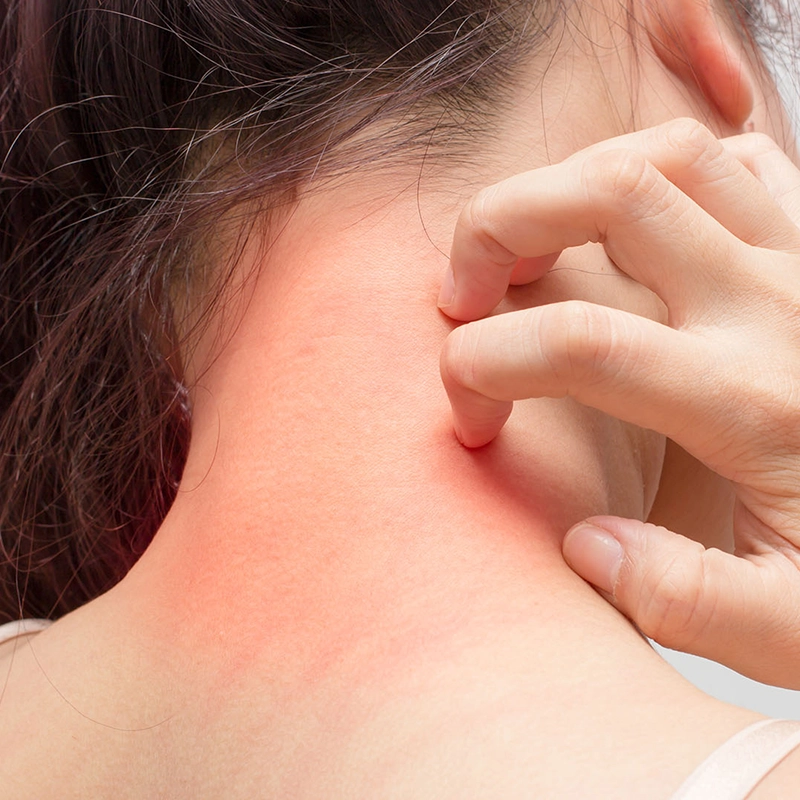
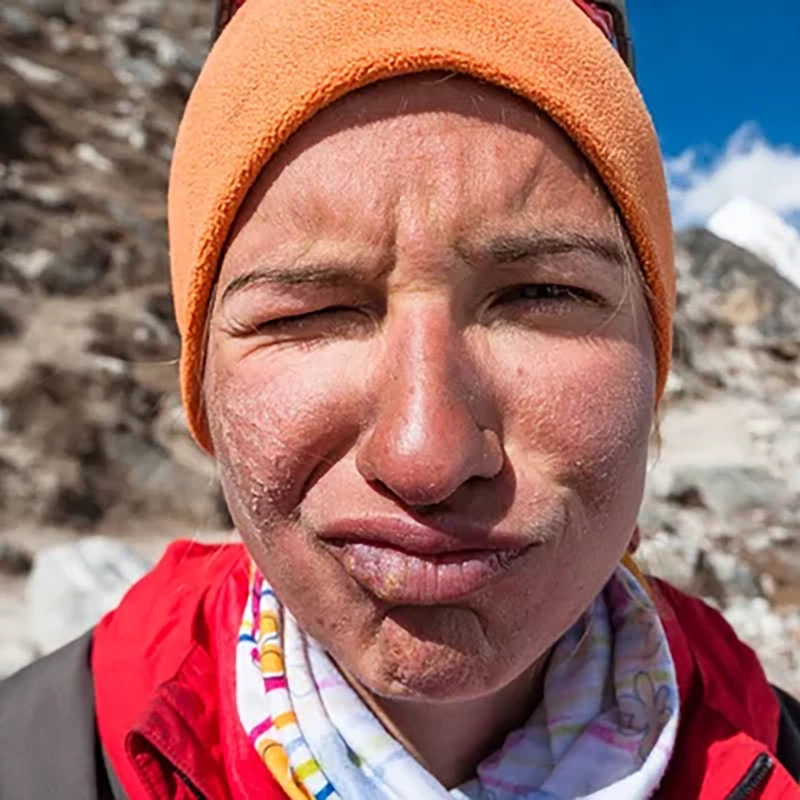
1. Moisturise daily. Apply regenerative moisturiser several times a day to maintain skin vitality.
2. Use a pH-neutral soap. A good soap will keep the skin’s acid mantle in balance.
3. No harmful substances. Prevent contact with skin-aggressive products or protect yourself against them.
4. Save water. Avoid long showers with hot water. It’s better short with lukewarm water.
5. Don’t pout. Moisturise your lips frequently to avoid cracks and wounds that are difficult to heal.
6. Avoid tobacco and alcohol. These two substances are arch enemies of the skin. Moderate the consumption.
7. Always have a photoprotector at hand. The sun reflects 80% radiation, absorbed by your skin.
8. When I’m warm, people laugh. Wear warm, breathable clothing, an effective mechanism to protect the dermis.
9. Neither so much nor so bald. Avoid sudden changes in temperature and help your body to thermoregulate.